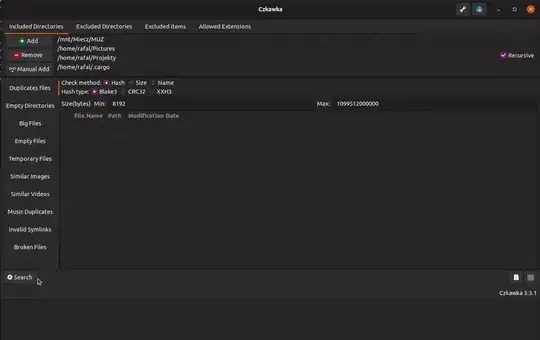I found jdupes very easy and extremely fast.
jdupes is a program for identifying and taking actions upon duplicate files such as deleting, hard linking, symlinking, and block-level deduplication (also known as "dedupe" or "reflink"). It is faster than most other duplicate scanners. It prioritizes data safety over performance while also giving expert users access to advanced (and sometimes dangerous) features.
# Search a single directory:
jdupes path/to/directory
Search multiple directories:
jdupes directory1 directory2
Search all directories recursively:
jdupes --recurse path/to/directory
Search directory recursively and let user choose files to preserve:
jdupes --delete --recurse path/to/directory
Search multiple directories and follow subdirectores under directory2, not directory1:
jdupes directory1 --recurse: directory2
Search multiple directories and keep the directory order in result:
jdupes -O directory1 directory2 directory3
EXclude files over 1M, sumarize info, recursive
jdupes -X size+=:1000k --summarize --recurse ~

fdupes -r . -d -Nshould save the first instance and delete the dupes. I just successfully cleared a single folder usingfdupes . -d -Nnon recursively – Simon B Jun 15 '16 at 19:48